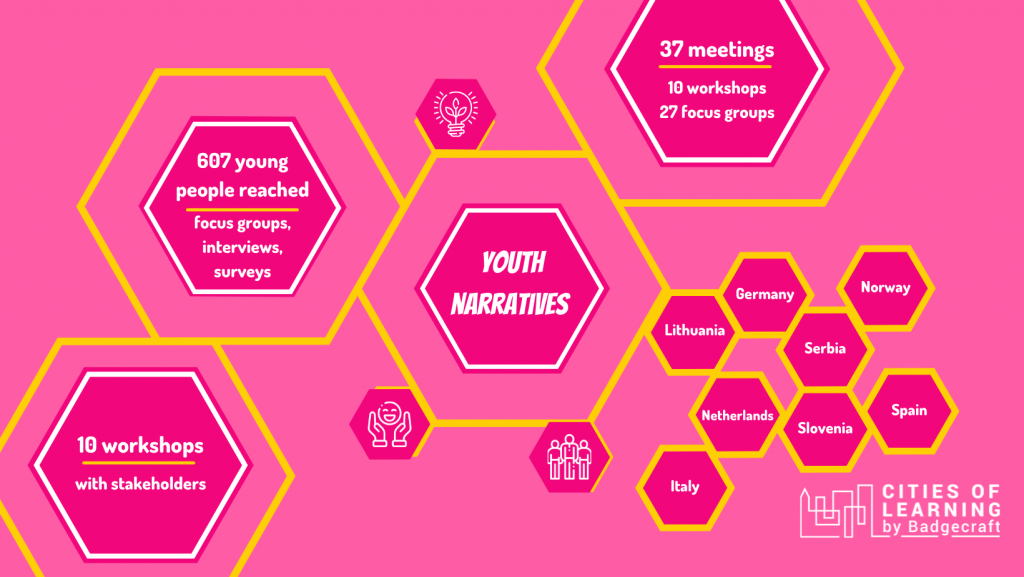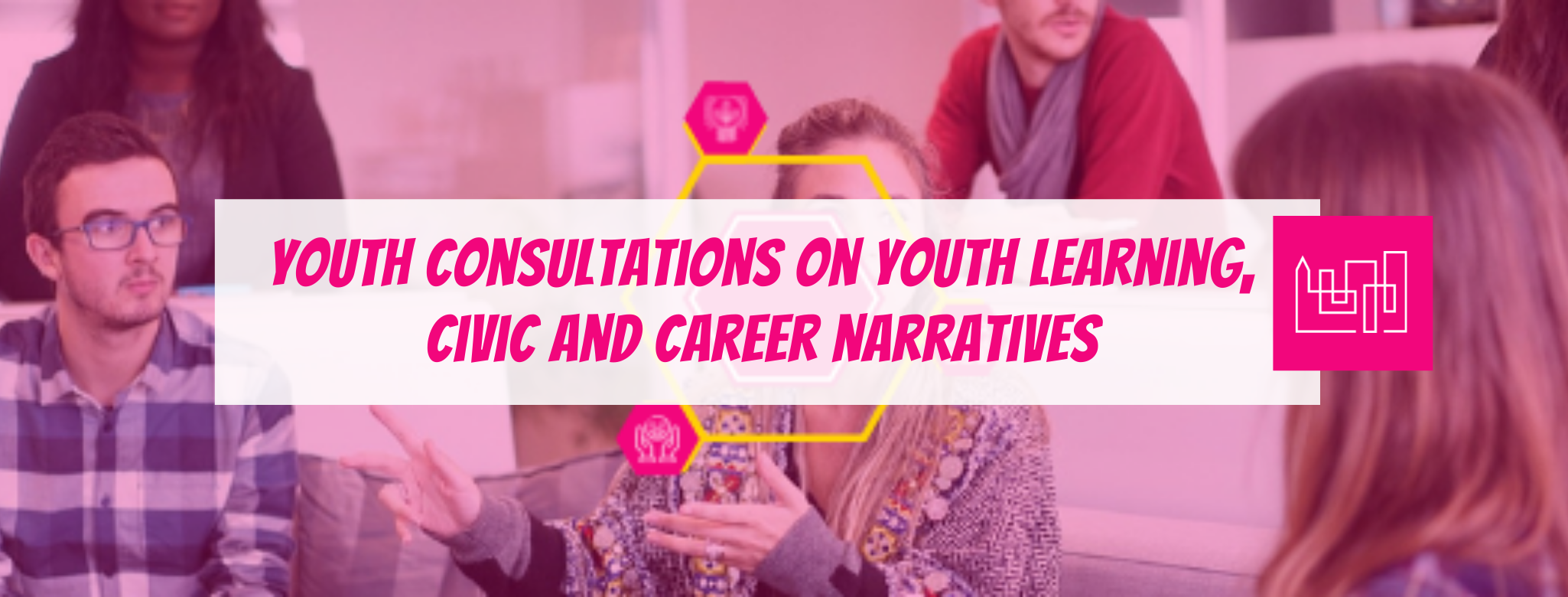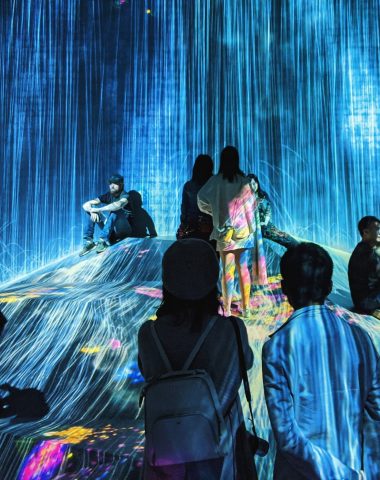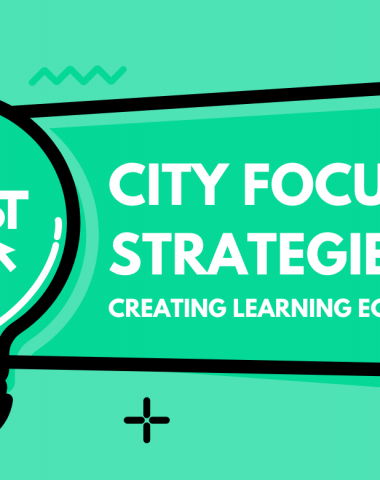Youth consultations on youth learning, civic and career narratives
One of the first steps within the “Youth co-designs cities of learning project” was in-depth, qualitative research of the European youth’s learning, civic and career narratives. Partners adapted methodology and tools from “Global Youth skills” and carried out youth consultations and workshops, with the purpose of better understanding young people’s narrative on learning, civic engagement and career possibilities in the future whilst also exploring their role and power in the creation of the future they envision.
We decided to reach much further to involve at least 240 young people aged 16 to 30 through 16 focus groups meetings and another 16 participatory workshops. Due to exceptional circumstances of last year, we expanded our research and adjusted our methodology, adding surveys, personal interviews and online activities on the cities of learning platforms. We reached over 600 youngsters from 8 European countries: Lithuania, The Netherlands, Germany, Italy, Slovenia, Serbia, Norway and Spain.
Let’s talk numbers…
Within September 2020 and March 2021, we conducted:
- 3 online surveys that reached 319 young people.
- 27 focus groups with 258 young people.
- 9 participatory workshops with young people.
- 10 participatory workshops with relevant stakeholders.
- 30 “in-depth” interviews with young people.

Youth narratives…
While some youth narratives differ from country to country, there were many common points and similarities. Most young people lack the recognition of the non-formal learning programs, youth organizations and other projects where they acquire various soft skills, competencies and opportunities. Bearing in mind that those places can often be a common space for young people, which most report lacking (both live and online). The focus of debates was often on the variety of learning spaces. One participant said, “the diversity of friends is more important than the number of them”, and the same goes for learning opportunities. Youngsters express the lack of intercultural and especially intergenerational dialogue in all aspects of life, recognizing the need of methorship (both traditional and reverse – young mentoring the elderly).
While talking about skills for the 21st century, young people pointed out creativity, critical thinking, empathy, and tolerance to realize that becoming global citizens is inevitable. Many “influencers” taking on the role of “new” authority have emphasized the need to explore popularity and its basis. With the year 2020, the need and opportunity for personal development and growth were present. Still, young people lacked, on the other side of the spectrum, connections, community work and engagement, and group dynamics since building new communities mainly was being done online.
Recommendations from cities of learning community…
There is a solid need to think about a broader understanding of learning. With the fast digitalization of the youth sector and learning itself, ensuring equal access and arranging digital tools and devices is a must. There is a need for revitalizing education, not only for young people but also for educators. We cannot teach about the future if we are not equipped with research and information on the critical 21st-century changes and skillsets. Promotion of the intergenerational dialogue can also lead to the empowerment of different communities and age groups and the exchange of knowledge and ideas that lead to constructive tackling of challenges and innovative solutions.
What about EU level…
We are on the right track, but there is still some work ahead of us. And the cities of learning will strive towards:
- Higher recognition of non-formal learning with CoL platforms offers learning opportunities and digital open badges as a tool for recognizing and recording.
- Rebalance resources to provide digital literacy and ensure digital accessibility of all, equally with the expansion of the CoL family and new initiatives.
- Political education for youth enables them to voice their demands and join or build groups and communities on an EU level by reporting their narratives and inviting them to create communities of young ambassadors and young leaders who co-design CoL.
- Higher reach out, and youngsters with fewer opportunities and special needs reach out to young people who are not yet a part of non-formal learning activities.
- Support for quality and continuous programs of youth work with continuation and even upgrade of our initiative and open invitation to join us.
Author: Urška Česnik, Ljubljana City of Learning





Add Review